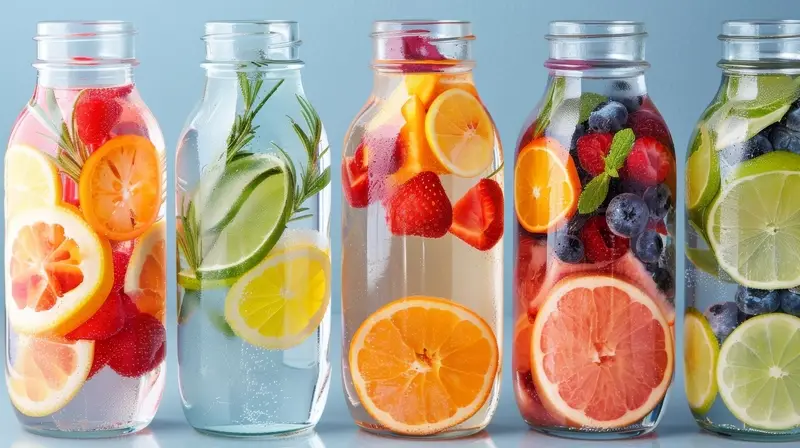Proper hydration is vital for maintaining overall health, and this is particularly important when the weather is HOT.
As a care provider, here are some tips to share on how much water a person should be drinking when it’s hot outside:
The Importance of Hydration
Water plays a critical role in many bodily functions, including regulating temperature, maintaining skin health, and supporting the digestive system. When it’s hot, your body loses more water through sweat, and it’s essential to replenish these fluids to avoid dehydration.
How Much Water Does an Adult Need?
While individual water needs can vary, a general guideline is to drink at least 8 cups (64 ounces) of water per day. However, during hot weather or when engaging in physical activity, this amount should increase.
- Listen to Your Body: Thirst is a clear indicator that your body needs more fluids. Encourage patients to drink whenever they feel thirsty.
- Monitor Urine Color: Light-colored urine typically indicates proper hydration, while dark urine suggests the need for more water.
Water Intake for Children
Ensuring kids stay hydrated is essential, especially during the summer when they are often active outdoors. Here are some general recommendations for daily water intake for kids:
- Toddlers (1-3 years): About 4 cups (32 ounces) of water per day.
- Young Children (4-8 years): Approximately 5 cups (40 ounces) of water per day.
- Older Children (9-13 years): Around 7-8 cups (56-64 ounces) of water per day.
- Teens (14-18 years): About 8-11 cups (64-88 ounces) of water per day, depending on activity level and climate.
Fluids That Count Towards Hydration
Water isn’t the only source of hydration. Other fluids and foods can contribute significantly to your daily intake:
- Milk: Provides hydration along with essential nutrients like calcium and vitamin D.
- Juices: While they offer hydration, it’s best to choose 100% fruit juice and drink in moderation due to high sugar content.
- Herbal Teas: Caffeine-free herbal teas can be a refreshing way to stay hydrated.
- Fruits and Vegetables: Many fruits and vegetables have high water content. For instance, watermelon, cucumbers, strawberries, and lettuce are excellent hydrating foods.
Special Considerations
Certain groups are at higher risk of dehydration and may need to drink more water:
- Older Adults: Aging can diminish the sensation of thirst, making it crucial for older adults to consciously increase their water intake.
- Children: Kids often need reminders to drink water, especially when playing outside.
- People with Medical Conditions: Those with conditions like diabetes or heart disease should consult their doctor about their specific hydration needs.
Tips for Staying Hydrated
- Carry a Water Bottle: Keeping a reusable water bottle handy makes it easier to drink water throughout the day.
- Eat Water-Rich Foods: Incorporate fruits and vegetables with high water content, such as watermelon, cucumbers, and oranges, into your diet.
- Set Reminders: Use phone alarms or apps to remind yourself to drink water regularly.
Encourage your family, team and patients to pay attention to their water intake and make hydration a priority. Do it for yourself, too! By following these simple tips, everyone can enjoy the summer safely and healthily.



